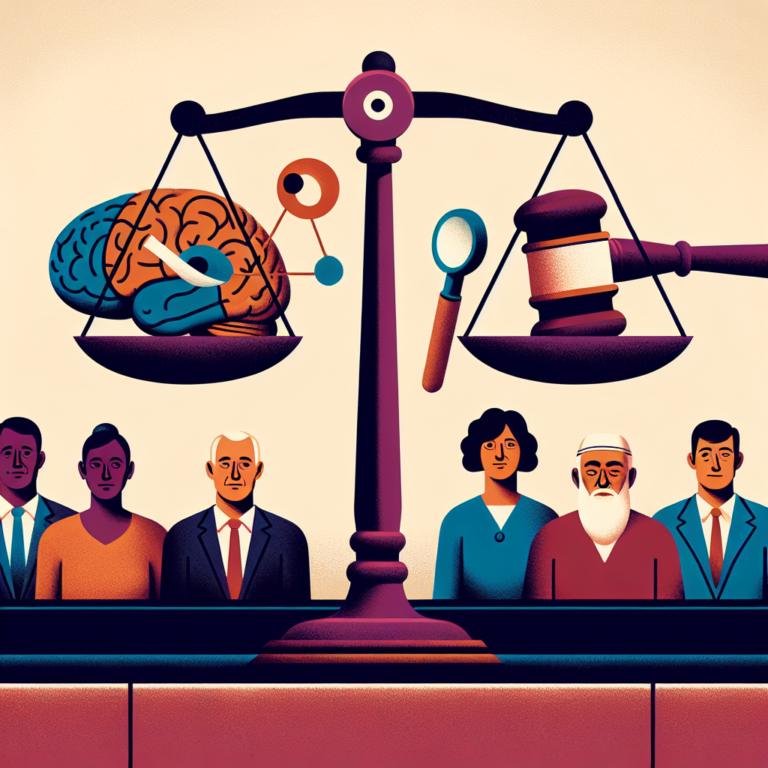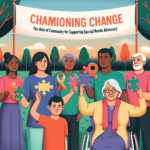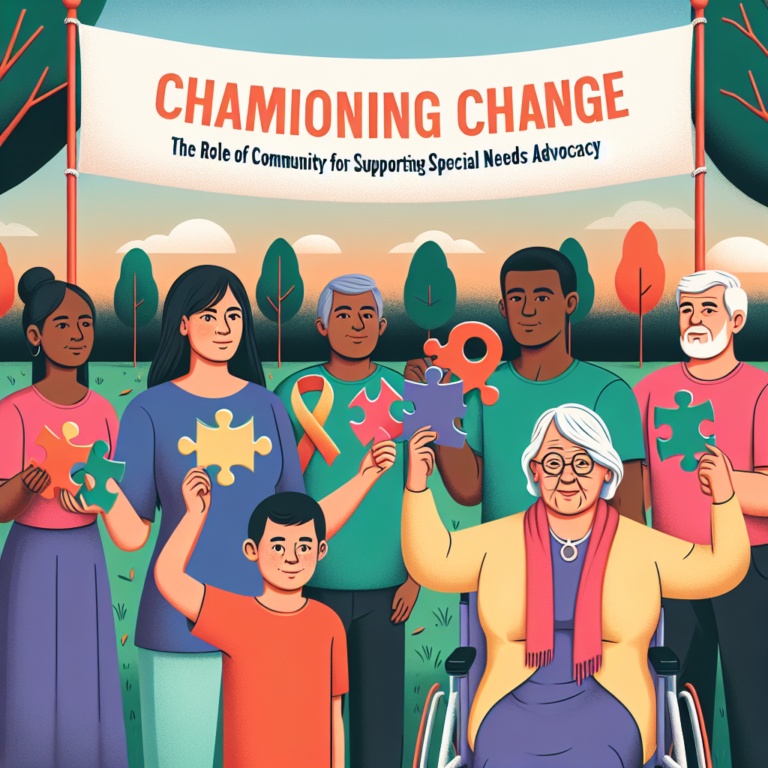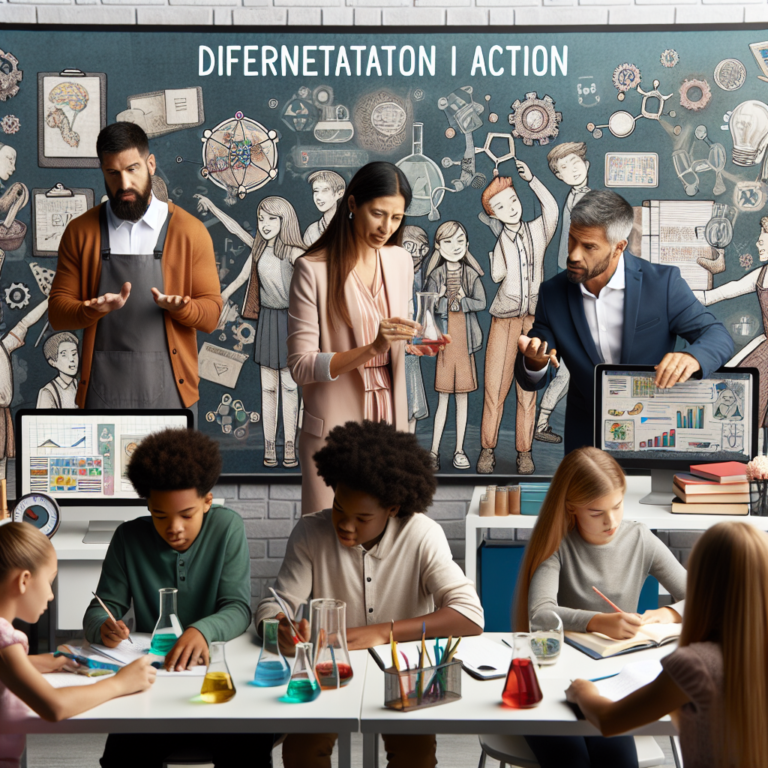
Introduction
Imagine a courtroom filled with tension, where every word matters, and justice hangs in the balance. Now picture a child, small and innocent, recounting a traumatic experience. Their testimony could shape the outcome of a trial, but how reliable is their perception of events? "Seeing Through Innocent Eyes: The Science of Child Witness Reliability" explores this critical question. Understanding how children perceive and recall events is vital not only for the legal system but for society as a whole.
The reliability of child witnesses has come under scrutiny, particularly following high-profile cases where children’s testimonies were central to the proceedings. As we delve into this complex issue, we’ll examine the cognitive, social, and emotional factors that affect a child’s memory and recounting of events. Through real-world case studies and scientific insights, we will uncover the layers of reliability inherent in child witnesses, ultimately aiming to inform and enlighten.
The Importance of Child Witness Testimonies
Understanding the Role of Child Testimonies
Children often serve as key witnesses in cases involving domestic violence, sexual assault, and other sensitive matters. Their voices hold power, but that power is fraught with uncertainty. According to a report from the American Psychological Association, children can be more suggestible than adults, which complicates their reliability as witnesses. This section will explore the implications of their testimonies and the stakes involved.
Cognitive Development: The Background Factor
Cognitive development plays a pivotal role in a child’s ability to recall and recount experiences. Unlike adults, children’s brains are still developing, particularly the prefrontal cortex, which is crucial for memory and reasoning.
Key Points:
- Age Differentia: Younger children often struggle with conceptualizing time and may mix up events or details.
- Memory Reconstruction: Children’s memories can be influenced by external cues, conversations, or leading questions.
Social Factors: Influencing Perceptions
The social environment in which a child grows up also impacts their perception and memory. Factors such as family dynamics, cultural background, and even courtroom settings can affect how a child interprets an event.
Key Points:
- Parental Influences: A child’s relationship with parents can skew their recounting of events, particularly if parents show strong opinions about a case.
- Pressure in Courtroom Settings: The formal atmosphere of a courtroom can intimidate children, leading them to either embellish or downplay certain details.
Case Studies: Real-World Applications
Case Study 1: The McMartin Preschool Trial
In the 1980s, the McMartin Preschool trial became one of the longest and costliest in American history, driven largely by children’s testimonies. Despite various investigations failing to find evidence, children claimed to have experienced abuse. The case highlights how suggestive questioning and the children’s developmental stage influenced their testimonies.
Analysis
The children were subjected to leading questions from adults, which affected their recollection. This case illustrates the pivotal role of interview techniques and their profound effects on child testimony reliability.
Case Study 2: The Daycare Sexual Abuse Cases
Another significant case involved multiple daycare centers in the late 20th century. Here too, children’s reports varied widely, often reflecting the nuances of their emotional states rather than factual accuracy.
Analysis
The discrepancies in testimonies unveiled how trauma and stress could distort a child’s memory. In high-pressure situations, emotional responses can overwhelm factual recollections.
The Science Behind Memory: How Children Remember
Memory Formation and Retrieval
Understanding how memory works in children is crucial for evaluating witness reliability. Memory is not a single process; it’s a complex interplay of encoding, storage, and retrieval.
Key Points:
- Encoding: Children may not encode memories as thoroughly as adults due to their limited cognitive resources.
- Storage: Emotional intensity affects memory retention; emotionally charged events are often more easily recalled.
- Retrieval: Context plays a significant role. The more cues a child has at retrieval time, the more likely they will accurately recount events.
Techniques to Enhance Reliability
Research shows that the way questions are posed can significantly impact a child’s reliability as a witness. Techniques designed to improve the quality of their testimonies can be effective.
Key Techniques:
- Open-Ended Questions: Encouraging children to describe what they remember without leading them helps retrieve more accurate memories.
- Developmentally Appropriate Interviewing: Tailoring interviews to suit a child’s developmental level can minimize confusion and encourage clearer recollections.
Challenges in Assessing Reliability
The Suggestibility Factor
Children are inherently more suggestible than adults, leading to potential inaccuracies in their testimonies. Understanding this factor is critical for judicial processes and societal perceptions.
Key Points:
- Leading Questions: Even well-meaning adults can inadvertently lead children, which muddles their recollections.
- Peer Influence: Conversations with peers can significantly alter a child’s memory of events.
Experts in Child Memory
Understanding child memory requires interdisciplinary expertise. Professionals from psychology, education, and law collaborate to develop methods for extracting reliable information from child witnesses.
Role of Experts:
- Child Psychologists: Assess cognitive and emotional readiness.
- Legal Professionals: Ensure that interviews are conducted ethically and appropriately.
Visualizing the Data: Tables and Charts
Table 1: Stages of Cognitive Development in Children
| Age Range | Cognitive Abilities | Memory Features |
|---|---|---|
| 2-5 | Basic logical skills | Limited memory retention |
| 6-7 | Simple problem-solving | Begin to understand time concepts |
| 8-12 | Advanced reasoning | More structured memories and details |
| 13+ | Abstract thinking | Improved reliability of memories |
Chart 1: Suggestibility and Age Relationships
![Chart illustrating the correlation between age and suggestibility in child witnesses.]
Conclusion
The exploration of "Seeing Through Innocent Eyes: The Science of Child Witness Reliability" reveals profound insights about child testimony’s complexity. It is imperative that legal systems, educators, and parents understand the cognitive limitations and social influences that affect children’s recollections.
Child witnesses are not merely innocent; they are complex beings influenced by their emotions, environments, and cognitive development. By adopting appropriate interview techniques and recognizing the nuances of their testimonies, we can better support children who provide essential evidence in critical cases.
As citizens, advocates, and professionals, we must continue to champion policies and practices that prioritize children’s voices while also ensuring that those voices are heard reliably and ethically. "Seeing Through Innocent Eyes" should not only remind us of the stakes involved in their testimonies but also encourage us to work toward a more informed and compassionate justice system.
FAQs
1. How reliable are child witnesses compared to adults?
Child witnesses can be reliable, but their testimonies are often more subject to suggestibility and memory distortions than adults, making the context of the questioning crucial.
2. What factors can influence a child’s memory of an event?
Factors include age, cognitive development, emotional state, the presence of leading questions, and the social dynamics in their environment.
3. How can interview techniques improve child witness reliability?
Using open-ended questions and age-appropriate language minimizes suggestibility and helps children express their memories more accurately.
4. Are there legal protections for child witnesses during testimonies?
Yes, many jurisdictions have legal frameworks that seek to protect child witnesses, allowing for special accommodations, such as closed-circuit testimony or the presence of support persons.
5. What role does trauma play in a child’s memory?
Trauma can significantly impact a child’s memory, often leading to fragmented or altered recollections. Understanding this is essential for individuals working with child witnesses.
By addressing these questions, individuals can gain a more nuanced understanding of the complexities surrounding child witness reliability, an essential component of our justice system.

















